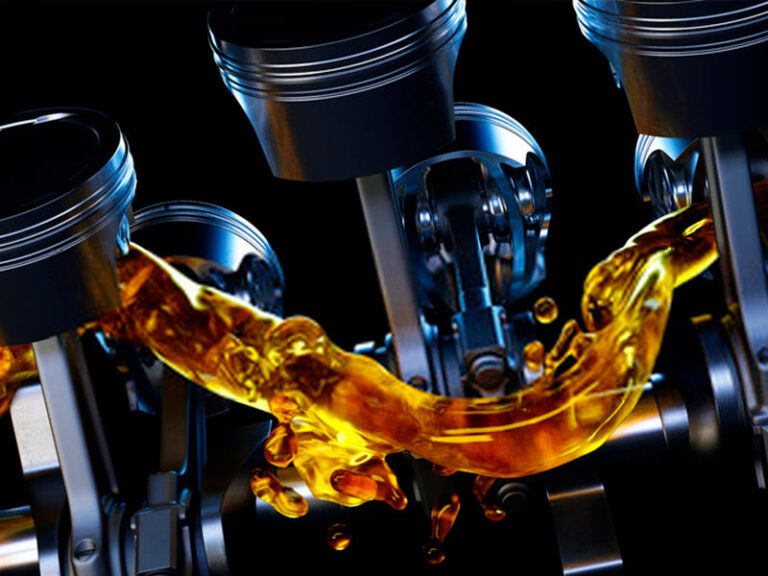As a truck or trailer owner, you understand the importance of keeping your vehicles in optimal condition to ensure smooth operations and minimize downtime. Lubricants play a vital role in reducing friction, heat, and wear, thus extending the life of truck components. In this blog, we will talk about the importance of proper lubricant application and provide best practices for maximizing component lifespan.
Friction Reduction
Proper lubricant application reduces friction between moving parts, such as engine components, axles, and bearings. By creating a thin protective layer, lubricants prevent direct metal-to-metal contact, minimizing wear and heat generation. This friction reduction not only prolongs component life but also improves fuel efficiency and overall performance.
No matter the size of your truck, we’re equipped to provide fast and efficient repair service! Learn more here.
Heat Dissipation
Lubricants aid in heat dissipation by absorbing and dispersing the heat generated during the operation of truck components. Excessive heat can lead to accelerated wear and potential component failure. Proper lubricant application ensures that components stay within their optimal temperature range, reducing the risk of breakdowns and costly repairs.
Corrosion Prevention
Trucks and trailers are exposed to various weather conditions and environmental elements. Moisture and contaminants can cause corrosion and damage to components, leading to premature failure. Lubricants create a protective barrier, preventing moisture from reaching critical areas and inhibiting corrosion. Regular lubricant application and maintenance significantly contribute to the longevity of truck components.
Need a hand while on the road? We’re here to help you! Call us here.
Best Practices for Proper Lubricant Application
To maximize the benefits of lubrication and extend component life, follow these best practices:
- Select the Right Lubricant: Use lubricants recommended by the vehicle manufacturer and consider factors such as temperature range, load capacity, and application method. Using the wrong lubricant can lead to ineffective lubrication or even damage to components.
- Clean Before Application: Before applying lubricant, ensure that components are clean and free from dirt, debris, or old lubricant residue. This allows for proper lubricant adhesion and prevents contaminants from compromising lubrication effectiveness.
- Monitor and Inspect: Regularly monitor lubricant levels, observe for leaks, and conduct visual inspections of lubricated components. Address any abnormalities promptly to prevent potential issues or failures.
Proper lubricant application is crucial for extending the life of truck components, reducing friction, dissipating heat, and preventing corrosion. By following best practices, you can optimize lubrication effectiveness and maximize component lifespan. Our 24/7 roadside repair service is dedicated to helping you maintain your truck’s optimal performance! Remember, regular lubricant application is an investment in the longevity and reliability of your truck, ensuring that it operates smoothly and efficiently for years to come.
For more tips and info, follow us on Facebook and Instagram. Call us for truck repair road service on: trucktrailerrepairservice.com

